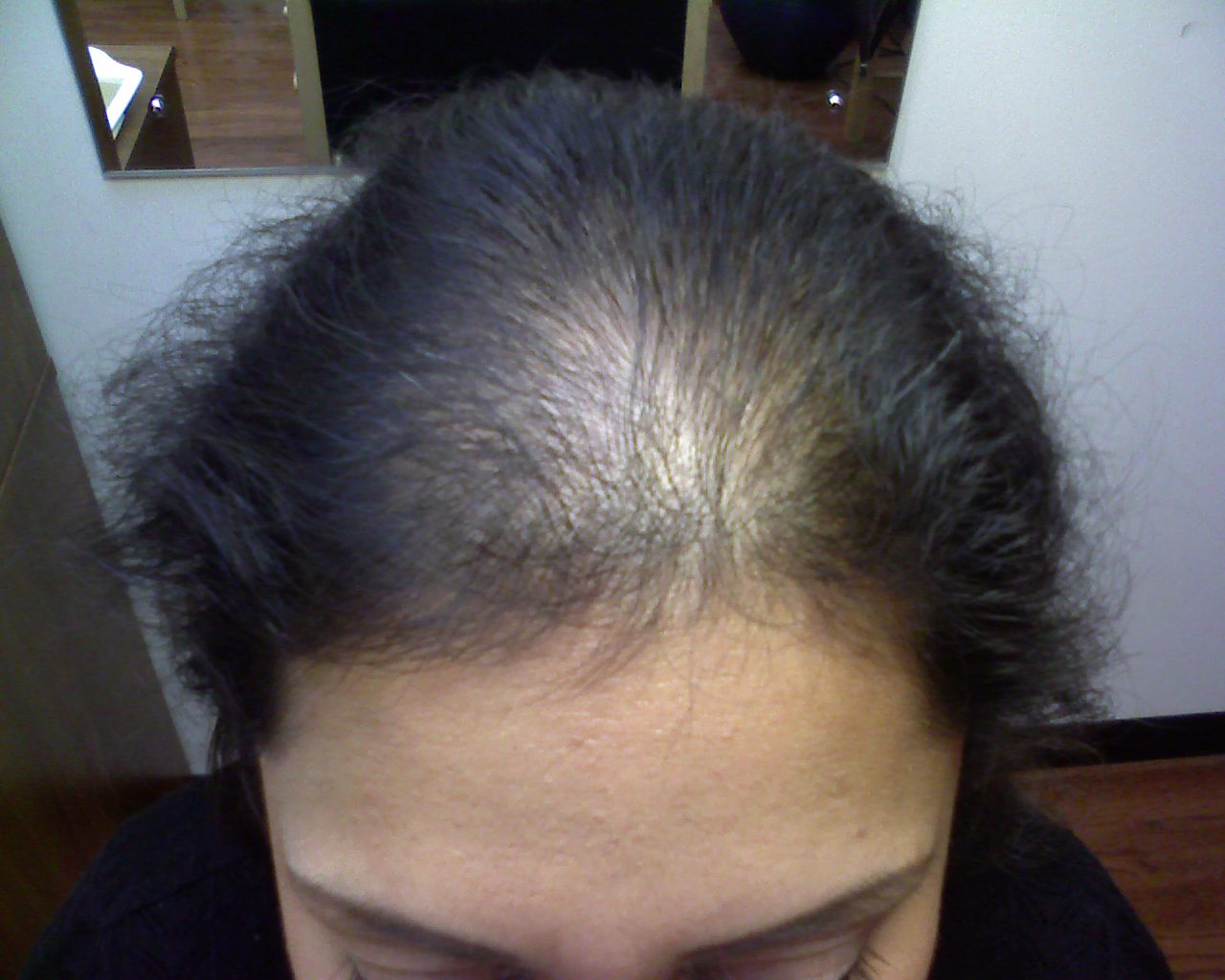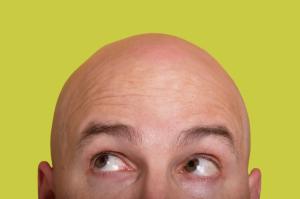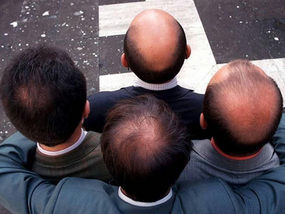16.10.2008
in HAIR LOSS SCIENCE

Men who experience hair loss may one day benefit from the discovery of genes that create risk for baldness and stem cells that could replenish hair follicles. Researchers in England and Germany have discovered a new genetic link to male pattern baldness, while Swedish researchers are working toward stem cell treatment for hair loss.

According to Felix F. Brockschmidt, a postdoctoral fellow at the University of Bonn and one of the authors of a report on the German study published in the journal Nature Genetics, this is the second genetic connection to the type of hair loss experienced by many men and some women as they age. Brockschmidt acknowledged that the first gene known until now is on the X chromosome and that it is the most important for hair loss (alopecia). He stated, “We are sure that this new locus we found is the second most important.”
Brockschmidt also explained that this discovery may lead to genetic testing that could identify men who are most likely to lose hair with age. “Screening for the X chromosome locus and also for this new one can possibly show the risk of male pattern baldness,” he said.
However, Brockschmidt acknowledged that the prevention of hair loss in people with these gene variants is a different situation and emphasized that preventive treatment would not be available in the near future. He said, “As soon as we know the gene and how it functions, we can do something,” but that “Right now, we have identified the locus but not the gene.”
Only a few years ago, the gene location on the X chromosome was identified. A man inherits one copy of the X chromosome from his mother. The new gene locus is located on chromosome 20, of which both men and women have two copies, inherited from both their fathers and mothers.
The researchers analyzed over 500,000 variable sites in the genomes of about 300 men who suffered from marked hair loss. Two positions recurrently showed an apparent connection with baldness indicating that the genes located at those positions were implicated in hair-loss.
Another study, also published in Nature Genetics, led by researchers at Kings College London in which 1,125 men were assessed for male pattern baldness. The genes of 578 men with early-onset hair-loss were analyzed and compared against those of 547 others who were retaining their hair. Two chromosome 20 regions were shown to be associated with baldness. The researchers then confirmed their findings against other groups analyzed in Britain, Iceland, Switzerland and the Netherlands, studying about 5,000 people in all.
Study participants with hair loss commonly shared the same variations of two genes that made them seven times more likely to experience baldness. According to the authors, the genetic variations were also found in women, although the link wasn’t statistically significant.
About 25 percent of Caucasian men suffer from the effects of hair loss before age 30. Although there are some products available on the market that can help hair re-grow or in some cases, prevent hair loss, they are not always effective.
According to Tim Spector, a researcher in Kings College London’s department of twin research and genetic epidemiology, who led the London study, treatments that target the DNA responsible may be more promising than products currently available for the re-growth and prevention of hair loss. In a statement, Spector also noted that “Early prediction before hair loss starts may lead to some interesting therapies that are more effective than treating late-stage hair loss.”
Viljar Jaks of Sweden’s Karolinska Institute led the stem cell study. Mouse hair follicles were examined for signs of rapid growth and a protein called Lgr5 was found on the surface of long-lived, active stem cells in hair cells. Cells with Lgr5 were capable of maintaining hair follicles for as long as 14 months with a few of these cells having the ability to build an entire hair follicle.
The study authors said that in more than 80 percent of cases, hair loss might be hereditary and it has also been linked to illnesses including heart disease and metabolic syndrome.
According to the U.S. National Institutes of Health, two of three men will have a balding pattern of hair loss or be bald by age 60.
Do you have Hair Loss Problems, read our Hair Loss Help











